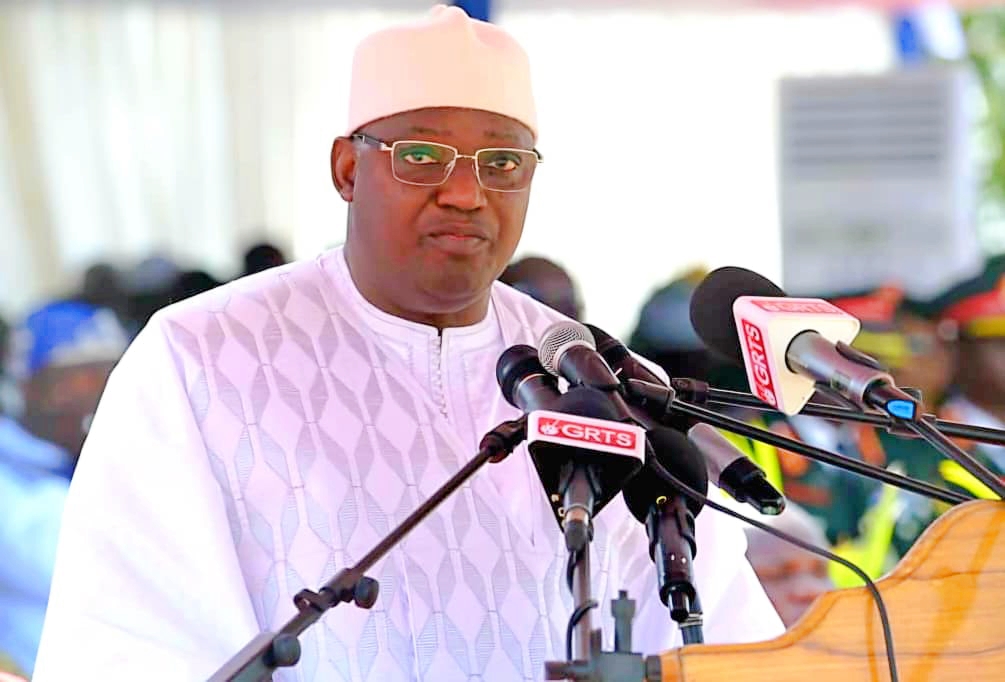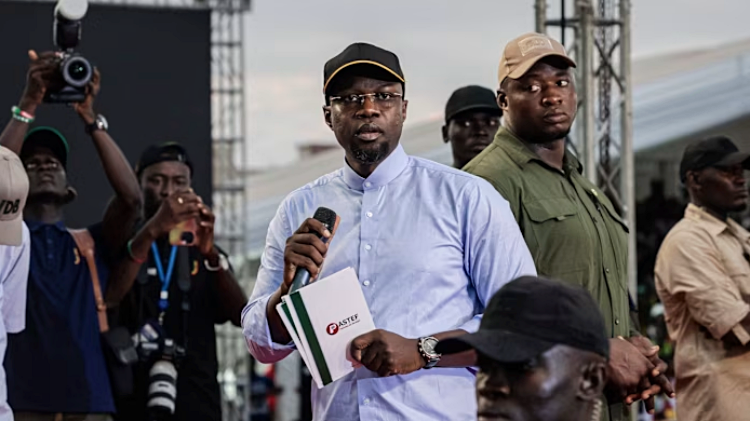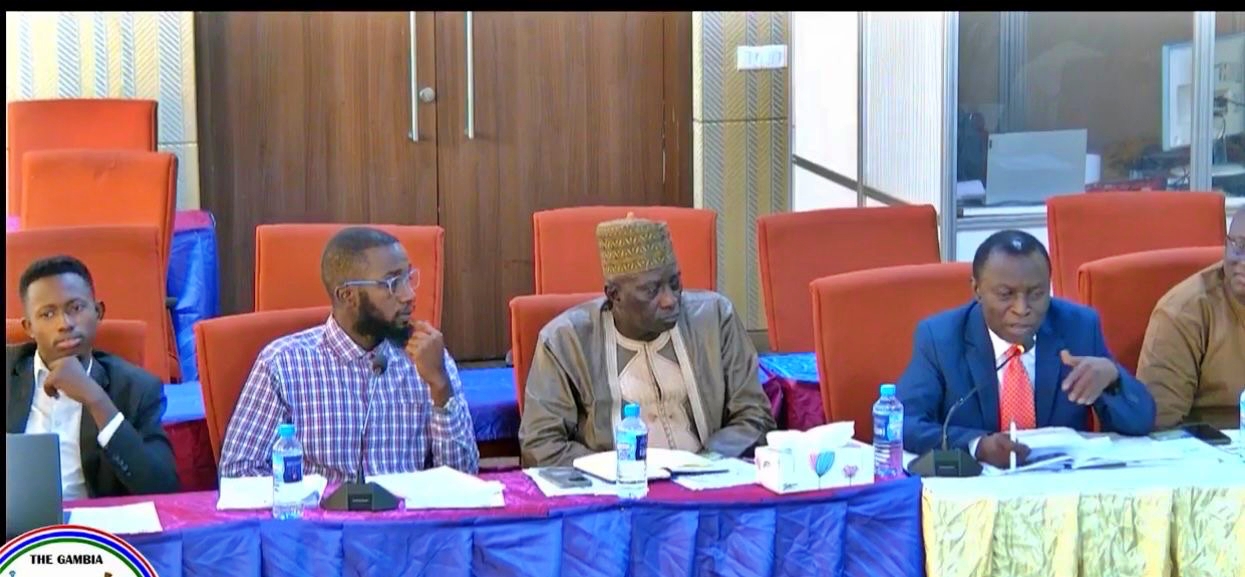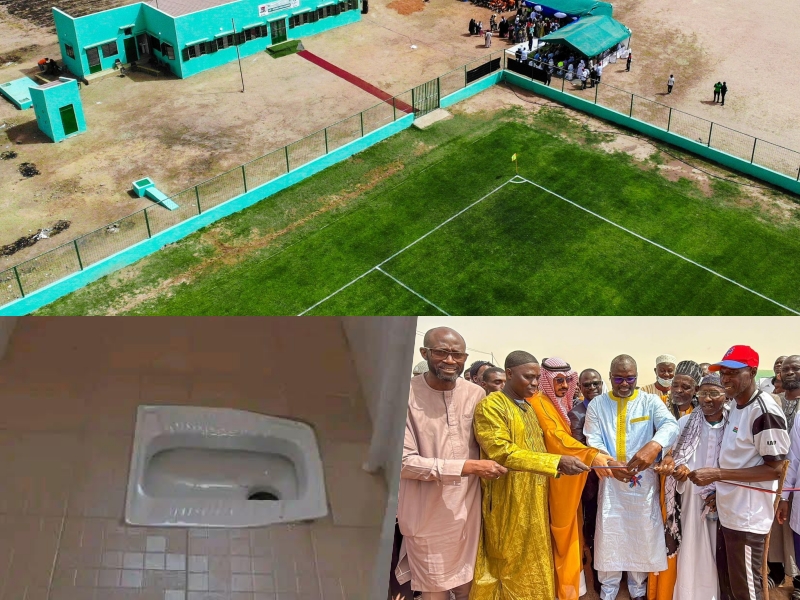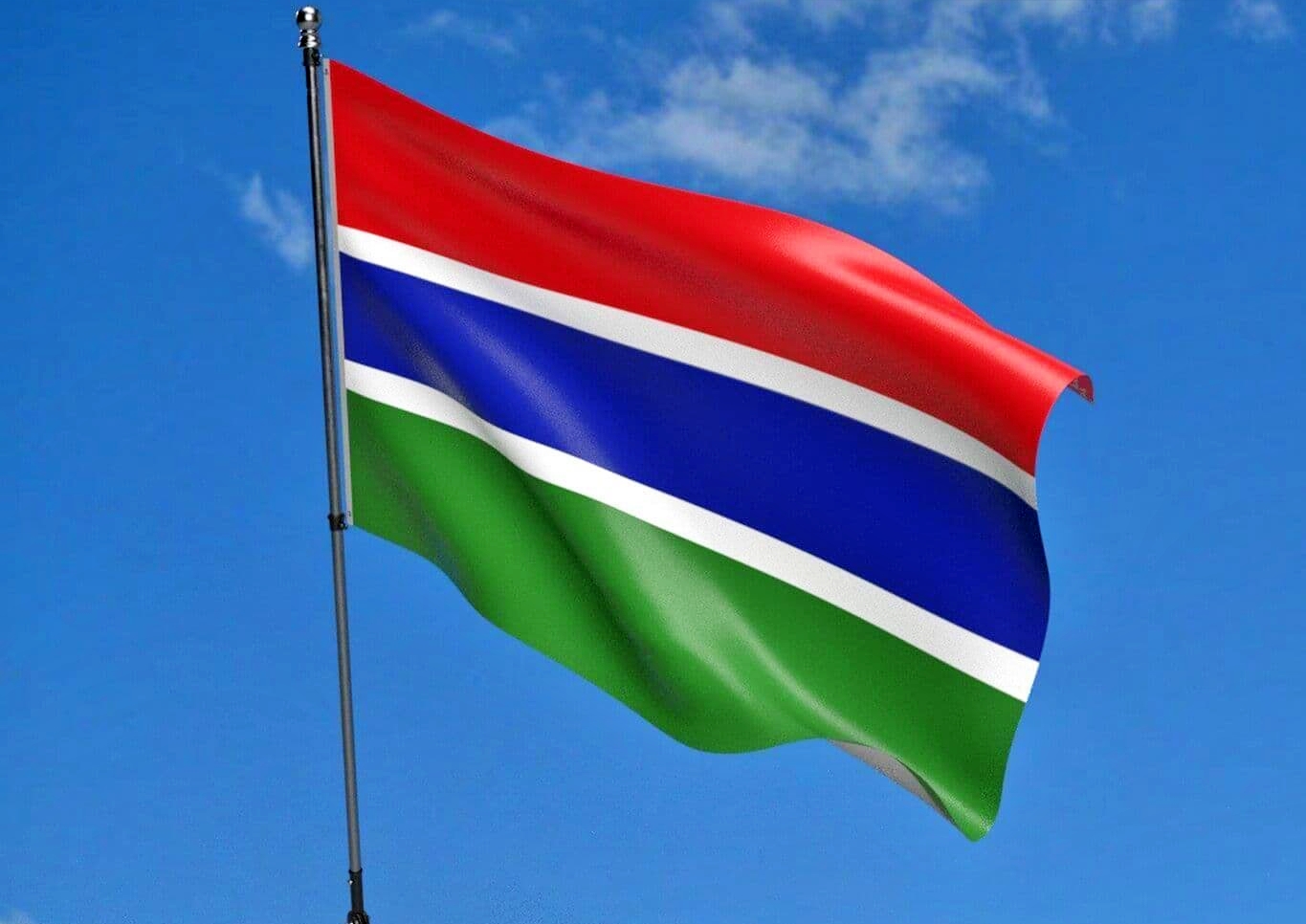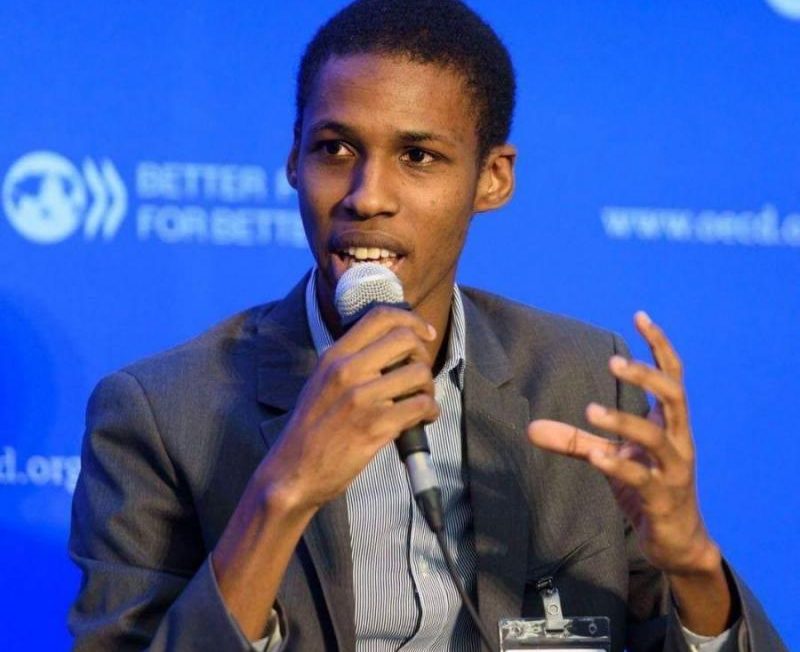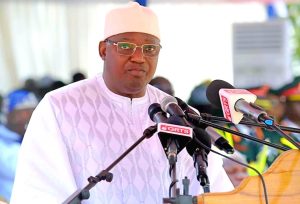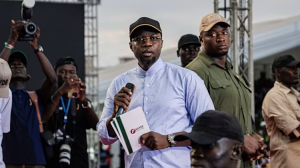Gambiaj.com – (DAKAR, Senegal) – The persistent claim, announced urbi et orbi, that Senegal’s accounts are manipulated raises significant issues of both form and substance. Either the person making this claim lacks even a rudimentary understanding of economics—quite likely—or they are engaging in blatant manipulation, which is just as plausible. For a public official to make such an assertion opens a new chapter in the national decline, a trademark of the Pastef party.
Senegal, it should be noted, has a corps of highly qualified and dedicated civil servants. Among them are eminent specialists in public finance who have labored diligently to steer our economy towards recovery. Since the implementation of the Plan Sénégal Émergent (PSE), the country’s growth trajectory has been steadily upward. While growth fluctuated between 2000 and 2011, averaging around 3.3%, from 2011 to 2021, Senegal achieved the distinction of being one of the most stable economies in terms of growth across the continent.
Senegal’s competent management of the COVID-19 pandemic further helped mitigate the economic shocks that affected many nations. The country’s quick recovery was due to both strategic government initiatives and the resilience of key sectors such as agriculture and industry. Despite these accomplishments, Ousmane Sonko and his political allies have continuously vilified these achievements, undermining the credibility of Senegal’s civil service and casting baseless accusations.
For any Senegalese with a reasonable grasp of the facts, Mr. Sonko’s words are devoid of credibility. His frequent disregard for the truth has become almost characteristic of his political style. However, for a high-ranking public figure to suggest that the nation’s administrative apparatus is engaged in counterfeiting public finances borders on gross irresponsibility. This is a false narrative, plain and simple. Senegal operates within the UEMOA framework and maintains close collaborations with the IMF and other international institutions. The national budget is transparent, with revenues and expenditures regularly accounted for, and amendments publicly debated. Moreover, the Court of Auditors has validated the 2020, 2021, and 2022 management reports, further discrediting claims of financial manipulation.
More troubling still is the inconsistency with which the government has been presenting its figures. Recently, it published a National Development Strategy based on a projected deficit of 4.9%. Just a week later, the deficit was reported to be 10.4%, an alarming discrepancy that has rattled markets. Following such contradictory statements, Senegal’s credit rating has deteriorated, as highlighted in a widely circulated Bloomberg article. These missteps, paired with Sonko’s economic mismanagement, threaten both national prestige and security.
The outlook for Senegal’s economy is bleak. Resource mobilization has decreased, interest rates have skyrocketed, and the fiscal deficit has widened in just six months of Sonko’s leadership. Confidence within the business community has eroded, as uncertainty reigns due to the government’s unpredictability. Under Sonko, Senegal risks becoming more isolated on the global stage. While he indulges in political theatrics, serious national crises—irregular migration, flooding, unemployment, and the cost of living—continue to escalate.
Another aspect of the problem is the disregard for established governance norms. According to Article 1.7 of Law 2012-22 on the Code of Transparency in Public Financial Management, a report on the state of public finances must be published within six months of any new presidential term. Yet, the Court of Auditors has not released this crucial report. Where, then, are these figures coming from? And why is the media failing in its duty to verify such information? The answer likely lies in Sonko’s propensity for falsifications and hyperbolic declarations.
Mr. Sonko’s method of governance is defined by fabrications, mismanagement, and a lack of decorum. He has desecrated institutions and evaded real debate, preferring instead to rouse an excitable and impressionable following. His erratic behavior and irresponsible statements now threaten the country’s economic stability and international standing.
This year, as Senegal marks the 22nd anniversary of the Joola ferry disaster—a national tragedy that claimed nearly 2,000 lives—the government has compounded the national trauma by neglecting the solemn commemoration of this event. Instead, Pastef organized a political rally, sullying a moment meant for national unity and reflection. At the heart of this display is Mr. Sonko, who relishes ridiculing his compatriots and tarnishing Senegal’s reputation on the global stage.
With each passing day, it becomes increasingly clear that Pastef’s only project is the lowering of Senegal. For those who once believed in defending the rule of law and national integrity, it is time to confront this grim reality. The country cannot afford to continue sinking under the weight of this administration’s incompetence.



